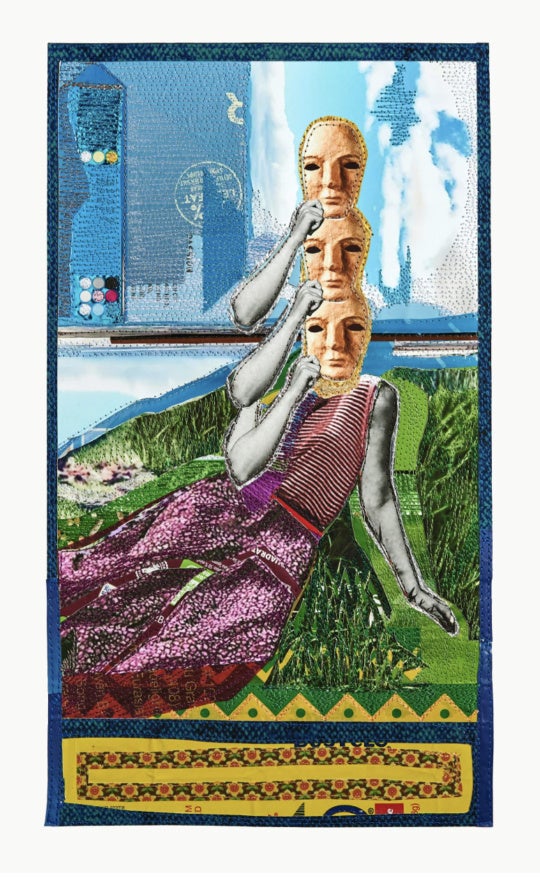
The playful scene at the opening of the new film Mustang, opening today at the Midtown Art Cinema, certainly looks harmless enough. On the last day of school, five sisters skip the bus and choose to walk home along the beach with some schoolmates in their small, isolated village in northern Turkey. They stop for an innocent swim in the water, and then, in what proves to be a symbolic scene, they sneak some apples from a nearby sun-dappled orchard.
Unfortunately for the sisters, their cavorting was witnessed by a busybody neighbor who interprets the play in the water with boys as inappropriately sexual. The orphaned girls’ caretakers, their conservative grandmother and uncle, respond by rounding up anything in the house that could possibly corrupt them further, including phones, the computer, photos, make-up and magazines. In a nightmarish sequence of events, their virginity is examined and confirmed, and then the house becomes a “wife factory,” as one character puts it. They are instructed in how to be obedient and dutiful wives, forced to wear dowdy, shapeless dresses and eventually married off one by one to often undesirable, older husbands.
The film is the first by Turkish-born, France-based filmmaker Deniz Gamze Ergüven, and is the French entry for the Best Foreign Language Film at the Academy Awards this year; it was also nominated for a Golden Globe Award for Best Foreign Language Film.

Mustang has a great deal in common with the 1999 Sophia Coppola film The Virgin Suicides, based on the 1993 novel by American author Jeffrey Eugenides. Suicides is set in the American suburbs, of course, but like Mustang, the story centers on five beautiful sisters who become increasingly imprisoned by conservative, fundamentally religious parental authorities. Both films are essentially tragic and elegiac in tone, both are episodic in narrative structure and both have a remarkably similar sort of hauntingly seductive, somewhat melancholic surface beauty. Where Mustang departs most from The Virgin Suicides is in its depiction of some of the girls’ numbed acceptance of their fate, which contrasts with the rebelliousness of its central character, the free-spirited, youngest sister and our narrator Lale (Günes Sensoy).
There’s also a deliciously wry, parodic nod to contemporary foodie culture, which idealizes and sentimentalizes traditional modes of food preparation. Familiar food-porn soft lighting and lovely cinematography accompany scenes of the girls learning how to prepare traditional Turkish dishes. The food may be beautiful, but someone has to move it from farm to table, the film reminds us, and this was (and still often is) done by women and it is not particularly pleasant work if it’s involuntary.
There are no actual mustangs in the film, and the word itself is unspoken, but the girls’ drive for escape and freedom (and their beautiful long, flowing manelike hair) are ongoing themes. The film is most remarkable for its visual mode of presenting the young girls, all of them unprofessional, first-time actors. A number of scenes, though plainly innocent, challenge us not to see them as fetishistically sexual: the imprisoned girls pile together in various states of undress, a sleepy, nuzzling twist of smooth, youthful limbs. Some may find the atmosphere of underage sexual fecundity to be at odds with the feminist message. Indeed, the outward sexual beauty and the story of the girl’s interior rebelliousness seem to unpeacefully, almost radioactively, co-exist, which, in the end, may be precisely what Ergüven is getting at.
Andrew Alexander is an Atlanta-based critic who covers visual art, dance, and theater.




